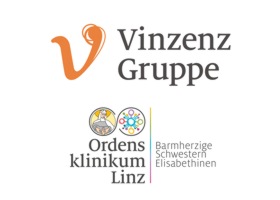Efficacy and safety of oral chelators in treatment of patients with Wilson disease.Tools Weiss, Karl Heinz und Thurik, Florentine und Gotthardt, Daniel Nils und Schäfer, Mark und Teufel, Ulrike und Wiegand, Franziska und Merle, Uta und Ferenci-Foerster, Daniela und Maieron, Andreas und Stauber, Rudolf und Zoller, Heinz und Schmidt, Hartmut H und Reuner, Ulrike und Hefter, Harald und Trocello, Jean Marc und Houwen, Roderick H J und Ferenci, Peter und Stremmel, Wolfgang (2013) Efficacy and safety of oral chelators in treatment of patients with Wilson disease. Clinical gastroenterology and hepatology : the official clinical practice journal of the American Gastroenterological Association, 11 (8). 1028-35.e1-2. ISSN 1542-7714 Für diesen Eintrag wurde kein Volltext-Dokument angefügt.
|
||||||||||||||||
|
|
|
|


 Tools
Tools Tools
Tools